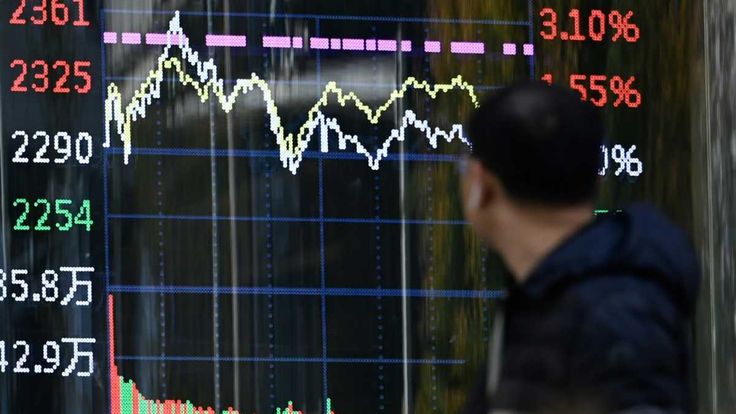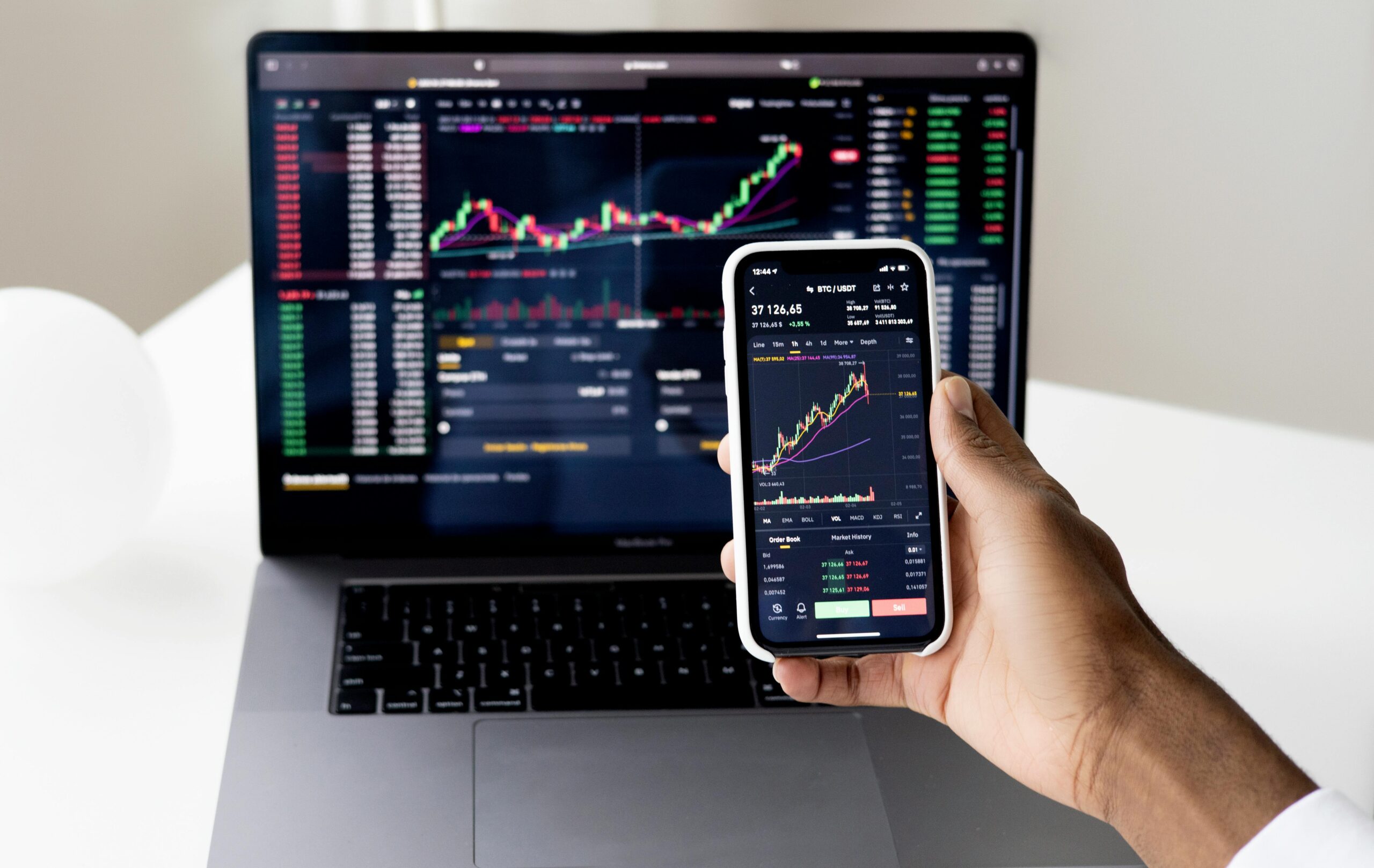The world of technology investing experienced a seismic shift this past week as the U.S. tech industry’s eight trillion-dollar companies gained a combined $420 billion in market value, lifting their total valuation to a staggering $21 trillion. This monumental Big Tech stock rally was fueled by a confluence of events that cleared away major regulatory hurdles, announced lucrative new deals, and proposed a historic pay package for one of the industry’s most influential leaders. The extraordinary gains underscore the unprecedented dominance of these megacaps, which now account for a historic 36% of the S&P 500—a proportion for which, according to index analysts, there is “no comparison.”
This astonishing market performance had a certain irony to it, as some of the biggest gains were directly tied to the resolution of a years-long government campaign to curb the power of Big Tech. A favorable court ruling in a key antitrust case for Google provided a major catalyst, removing a “huge overhang” on Alphabet’s stock and clearing the path for future growth. The rally was not a simple, uniform rise; it was a nuanced story of winners and losers, with Nvidia and Microsoft’s stocks seeing a decline, while others like Broadcom and Tesla surged for entirely different reasons.
The Catalyst: Google’s Antitrust Victory and Its Ripple Effect
At the heart of the week’s rally was the resolution of the U.S. government’s antitrust case against Google. The case, which Google had lost a year prior, was widely seen as the most significant antitrust challenge to a tech giant in decades. However, in the remedies portion of the ruling, U.S. District Judge Amit Mehta delivered a more lenient punishment than many had expected. Instead of forcing Google to sell off its lucrative Chrome browser, the judge handed down a more limited penalty, which includes requiring Google to share some search data with competitors. This decision sent a clear signal to the market that the most severe, business-breaking punishments were likely off the table, leading to a sharp rally in Alphabet’s shares.
The positive outcome for Google had a direct ripple effect on its closest partner, Apple. The two companies have a long-standing and highly profitable arrangement in which Google pays Apple billions of dollars annually to remain the default search engine on iPhones. The ruling, by preserving this deal, removed a major “black cloud worry” for Apple investors. As a result, both Alphabet and Apple saw substantial gains for the week, helping to lift the entire Nasdaq index. Analysts at Wedbush Securities noted that this resolution not only removed a significant threat but also “lays the groundwork for Apple to continue its deal and ultimately likely double down on more AI related partnerships with Google Gemini down the road.”
Judge Mehta explained that a key factor in his decision was the rapid emergence of generative AI, which has fundamentally changed the competitive landscape of the search market. The rise of new players like OpenAI, Anthropic, and Perplexity has altered Google’s once-unassailable dominance. According to Mehta, these new AI technologies “may yet prove to be game changers,” making a more drastic remedy unnecessary. While a separate antitrust fine from the European Union for anti-competitive advertising practices hit Alphabet with a €2.95 billion ($3.45 billion) penalty, investors largely shrugged off the news, underscoring the market’s focus on the more favorable U.S. ruling.

AI is the Engine: Broadcom’s Surge
While AI was an indirect driver of the Big Tech stock rally for Alphabet and Apple, it was the direct catalyst for the huge surge in Broadcom’s stock. Following the release of its better-than-expected earnings report, CEO Hock Tan announced that his company had secured a new AI chip contract worth a massive $10 billion with a new customer. Analysts were quick to identify the customer as OpenAI, based on the scale of the deal and the nature of the chips. The Financial Times also reported on the new partnership.
Broadcom is the newest entrant into the exclusive trillion-dollar club, thanks in large part to its growing business in custom chips designed for AI applications. The company’s chips are already being used by tech behemoths like Google, Meta, and ByteDance, the parent company of TikTok. With a 13% jump this week, Broadcom’s stock is now up an astounding 120% over the past year, lifting its market cap to approximately $1.6 trillion. This meteoric rise highlights how central AI hardware has become to the overall growth story of the tech sector.
A Mixed Bag for Other Tech Giants
While the Big Tech stock rally was a broad phenomenon, it wasn’t an all-inclusive one. Nvidia, the other major player in the AI chip space and currently the world’s most valuable company with a market cap over $4 trillion, saw its shares fall more than 4% for the week. This marked the fourth consecutive week of declines for the company, despite a lack of any apparent negative news. Similarly, Microsoft’s stock also fell, continuing a five-week slide. These dips are a stark reminder of the market’s volatility, even for the most dominant players.
In contrast, Tesla, which has been the laggard in the group, saw its stock climb 5% for the week. Shares of the electric vehicle maker have been down 13% for the year due to a sales slump and rising competition. However, the stock was buoyed by a fresh proposal for a colossal pay plan for CEO Elon Musk. The plan, potentially worth up to $1 trillion, is designed to keep Musk “motivated and focused on delivering for the company” by tying his compensation to significant market cap appreciation milestones, starting with the company almost doubling its value to $2 trillion.
The End of a Monster Week
In conclusion, this past week was a defining moment for the tech sector, driven by a series of high-stakes events. The Big Tech stock rally was a testament to the power of these companies and the market’s confidence in their continued dominance. While AI and its hardware were at the center of the story, the week also highlighted the immense influence of regulatory decisions and the power of corporate governance to move markets. The extraordinary performance of these eight companies, now a third of the S&P 500, has no historical precedent and raises new questions about market concentration and the future of the global economy.
Sources:
- CNBC




os7oti